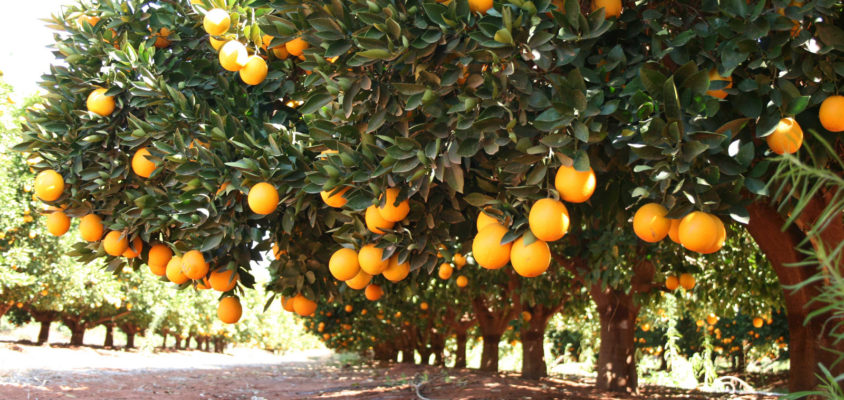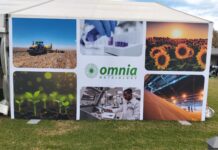As a cornerstone of the local agri-economy, it is in the national interest for the citrus industry to be effective, productive and profitable – and this, according to experts, depends largely on an integrated approach to production.
The first fruits of the 2022 citrus season are already on South African store shelves and in shipping containers on the way to international markets. This is a continuation of the 161 million cartons of fruit that were exported in 2021 and that have cemented the country’s position as the world’s second largest citrus exporter.
More than 60% of South Africa’s annual citrus production is destined for the export market – trade that earned R30 billion in foreign exchange in 2021. Over the past two seasons, exports have reached new record highs, and showed cumulative growth of 10%. According to the Citrus Growers Association forecasts, export production can increase by up to 500 000 tons over the next three years. New markets must be found for the fruit, while protecting and expanding South Africa’s existing market share in especially Europe, America and China.
Despite its obvious success, several variables are putting pressure on the citrus industry’s profitability. Fertiliser prices have almost doubled over the past year and agrochemical products have increased by an average of 50%. Rising fuel and freight costs – the latter rose by between 30% and 40% in 2021 – have already shrunk producers’ profit margins. Uncertainty is further aggravated by a recent increase in labour costs, the risk of global overproduction, and congested international ports where Covid regulations cause severe delays in the distribution of fresh produce.
International citrus markets are increasingly restricting the use of chemical products. Fortunately, there are also rapid advancements in research into biological products and the use of agricultural practices, such as plant nutrition, water management and the pruning of orchards, to render citrus trees more resilient against diseases and pests.
“Against this backdrop, it is more important than ever for producers to optimally manage the factors that are within their control,” says Thinus Smuts from InteliGro. “Producers have a multitude of plant nutrition and crop protection options at their disposal. Ironically, having options also presents a challenge. The different products and approaches must be integrated expertly and correctly into a holistic seasonal programme; if not, it is easy to spend money on something that is perfect on paper but not suited to a specific set of circumstances.”
The art of integrated plant management lies in understanding the science and collating all the available options into a holistic strategy that is practical to implement.
This is where InteliGro’s Crop Advisors are of immense value. Thanks to continuous training, they are not only experts but are informed about the latest technology, research and production practices. With this knowledge, the Crop Advisors excel at compiling and servicing integrated programmes comprising tailor-made solutions.
The InteliGro Citrus Rally farmers’ days are a further example of the company’s holistic approach and philosophy that everything starts on the farm. Around this year’s theme, which is “On target”, a variety of suppliers and experts have been convened to introduce producers to technology, practises and solutions in interesting and exciting ways.
“Our aim is to expose producers to the theory and practice of future solutions, make them aware of solutions that recently came onto the market and show them how to integrate existing solutions to achieve better results,” says Smuts.
There can be no doubt that an integrated approach to citrus cultivation is the key to the future, given that export success starts on the farm. For this agri-sector to achieve its full potential, smarter solutions are needed to address the challenges of rising costs, consumer demands and preferences, and market access.









